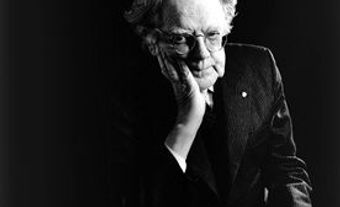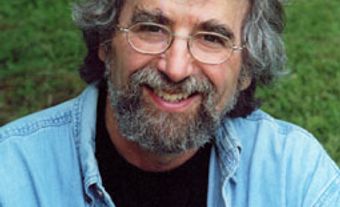Higher Criticism
Higher criticism involves the application of critical scholarly methods to the study of the origins, textual integrity and interpretation of the biblical record. It began in 18th-century Europe, particularly Germany, and was an attempt to understand events previously held to be of divine inspiration in terms consistent with the secular historical experience. It was often received with suspicion by religious authorities, since it appeared to cast doubt on the inspirational basis and prophetic nature of the Christian revelation.
Canada produced no major exponent of the higher criticism, but several advocates of the approach taught at English Canadian universities between 1890 and 1930, and some ran into major difficulties with university authorities. At the Methodist-controlled Victoria College, for example, the Reverend George Coulson Workman (in the 1890s) and the Reverend George Jackson (between 1910 and 1913) found strong opposition. Workman was dismissed from his post for challenging the accepted view of messianic prophecy. Even in the 1920s scholars who voiced such views at the University of Toronto faced public criticism in the daily press and uncertain support from their administrative superiors. Because of this, higher criticism in Canada is best studied in the context of ACADEMIC FREEDOM rather than theology.

 Share on Facebook
Share on Facebook Share on X
Share on X Share by Email
Share by Email Share on Google Classroom
Share on Google Classroom


